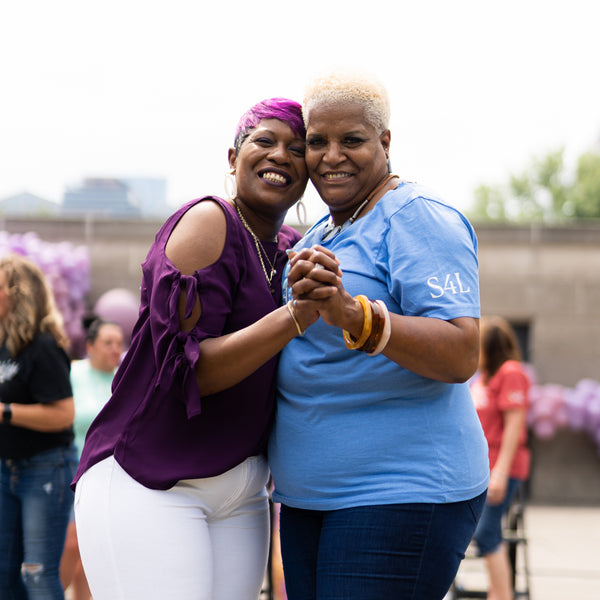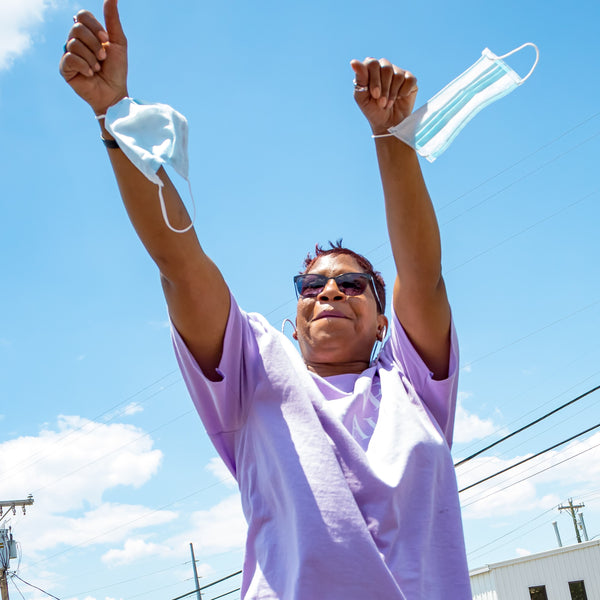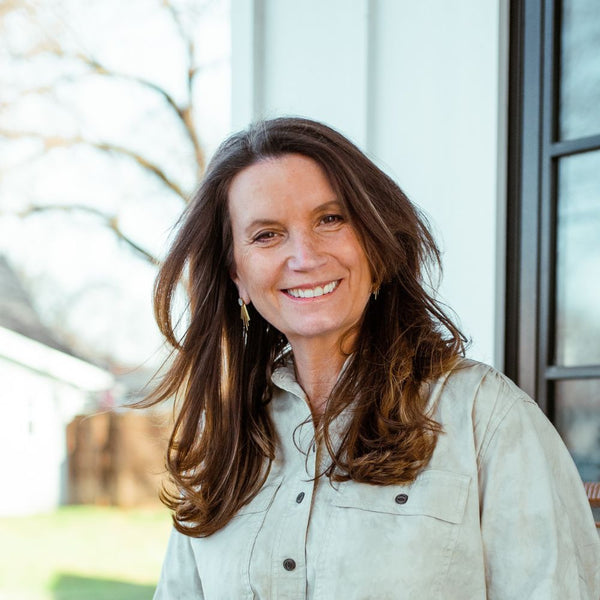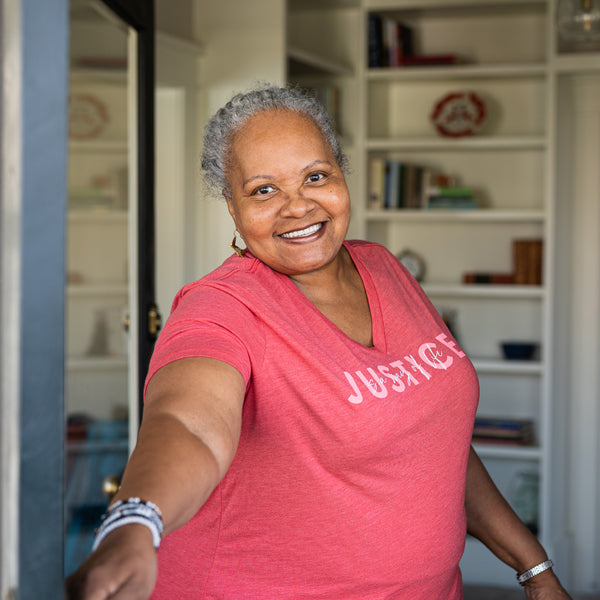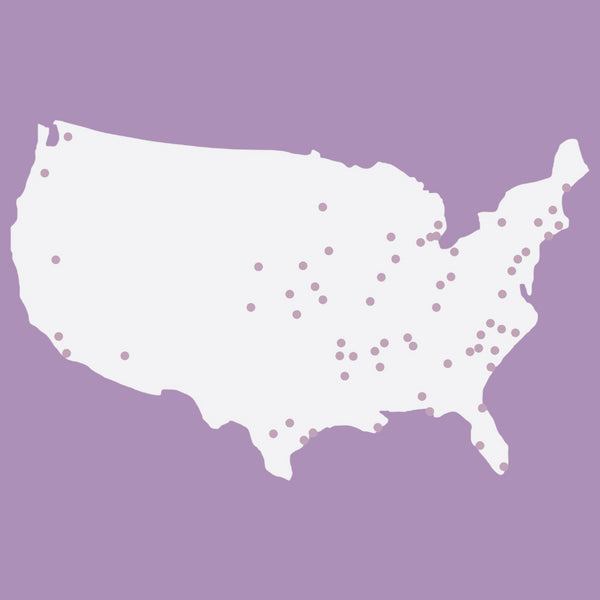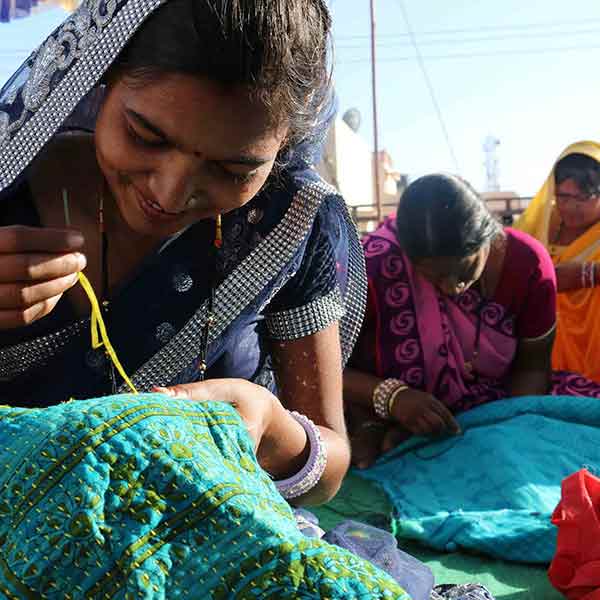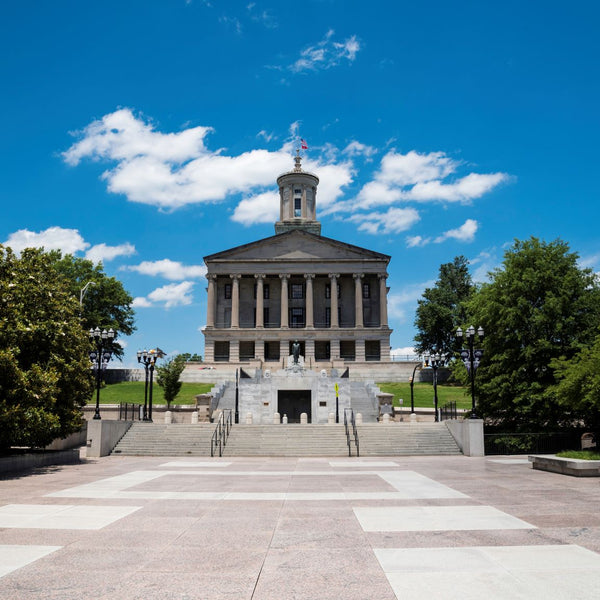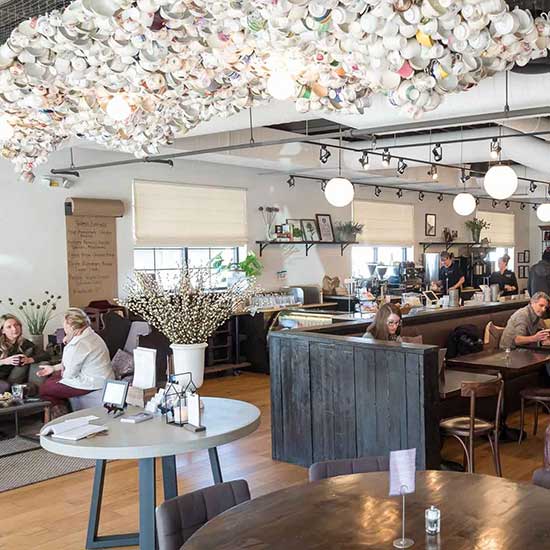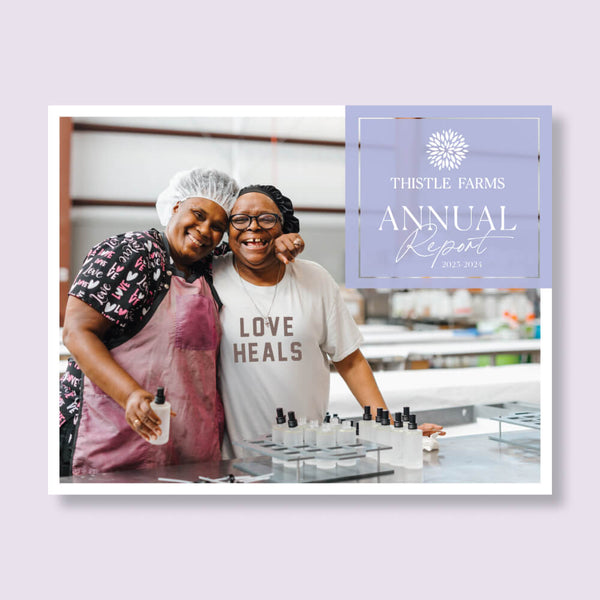Racial Disparities, COVID-19, and Human Trafficking
Human trafficking and the COVID-19 pandemic have something in common: Both take advantage of those most affected by the inequities prevalent in our societies. COVID-19, like human trafficking, can happen to anyone. But they are a lot more likely to happen to people who are already facing other hardships – like poverty, for one. In the case of COVID-19, people living in poverty generally have less access to healthcare and are therefore typically in poorer health. People in poor health are more vulnerable to COVID-19. In the case of trafficking, people living in poverty likely have fewer options available to them. They may have no economic option outside of their trafficking situation to support their families; or they may be more vulnerable to false promises that lure them into trafficking.
On COVID-19, we now have hard numbers thanks to a recent New York Times article that shows people of color, particularly Latinos and African Americans, are becoming infected with the virus at three times the rate of their white neighbors.
In human trafficking, the data is much less definitive. We have some numbers from specific jurisdictions. For example, we know that in Louisiana, Black girls account for nearly 49 percent of child sex trafficking victims, though Black girls comprise approximately 19 percent of Louisiana’s youth population and in King County, Washington, 84 percent of child sex trafficking victims are Black while Black children and adults together only comprise 7% of the general population. Similarly, we have strong evidence from the U.S. National Human Trafficking Hotline that Latinos are disproportionately represented among human trafficking victims and survivors in general, and labor trafficking survivors in particular.
But we lack credible, nationwide numbers we need to prove that while it is true that anyone can become a victim of human trafficking, people of color are disproportionately victimized by both sex and labor trafficking.
The underlying system at play in both these arenas is racism and its manifestation as discrimination – particularly, but not solely, economic discrimination.
Racism has fueled policies that stunted the economic opportunity and upward mobility of people of color in the United States for generations. For example, homeownership is a primary driver of family wealth in this country, but racist “redlining,” kept Black families out of majority-white neighborhoods that might have grown in value by keeping them from getting mortgages. The resulting poverty, and the unequal protection of people of color under the law, are key risk factors in determining who gets trafficked and who gets COVID-19.
Sex and labor traffickers take advantage of economic need to lure people into situations and trap them there. They promise decent jobs that wind up being nightmares, or convince people who have been cut off from other avenues of economic opportunity that selling sex is the way to a better future.
As for COVID-19, while nearly half of Black and Latino workers – 43 percent – have jobs in the service or production sectors that require them to be physically present – and not always socially distant – at work during the pandemic. And few are in a position to quit those jobs out of concern for their health. As this recent CDC look at COVID-19 cases among meat and poultry workers shows, the people in these jobs are often virtually trapped by economic circumstances. By comparison, only about 25 percent of white people hold service and production jobs. That means far more white people can stay home – and stay safe -than Latinos or Blacks and still keep their jobs.
While the economic fallout of racism is the most direct connection between why people of color are more likely to be trafficked, and/or get COVID-19 than their white neighbors, it is not the only reason.
Attitudes and stereotypes about Black people (particularly women and girls) make it so that they are more vulnerable to sex trafficking but less likely to be identified or seen as victims.
Studies have shown how systemic racism has led to far less access to health care and far more health problems in communities of color – particularly but not only low-income communities of color. The problems – underlying conditions – appear to be among the deciding factors on whether infection by COVID-19 is fatal or not. And many jobs that are directly descendant from historical slavery and typically performed by people of color – such as domestic work – have been purposefully left out of most of the nation’s major labor protections.
Similarly, stereotypes or myths about Black people that are prevalent in the healthcare field make it so they’re less likely to receive the same level of care as white people, leading to underlying conditions that make them more vulnerable to COVID-19 and perhaps less effective treatment once they come down with the virus.
As the work to dismantle racist structures policies and practices continues, we have an opportunity to simultaneously bring down the systems that enable sex and labor trafficking to victimize Black and Latino people. That means access to equal economic protections – whether you are in a job that allows you to work remotely, or are an essentially delivery worker, or legal, temporary farm worker. It also means expanded access to social services and safety nets, to educational and training opportunities, healthy food, safe homes, and more.
